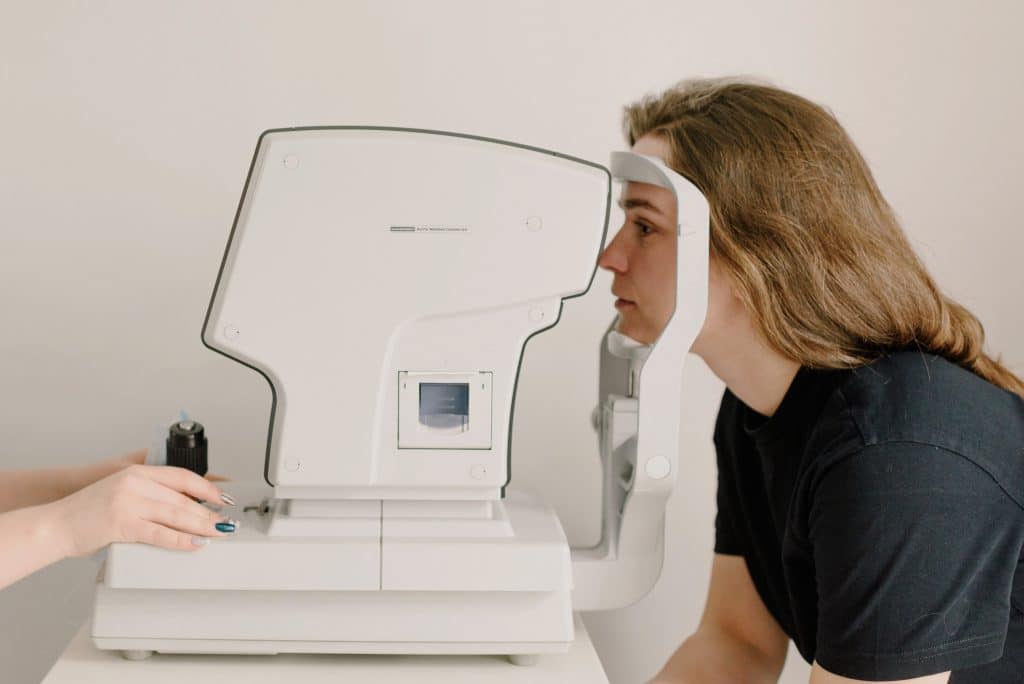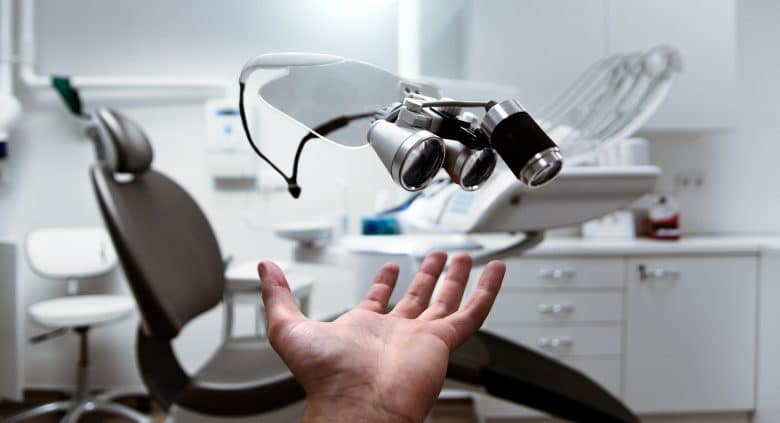The world has undergone a massive change in the last few decades. Some changes have impacted our lives positively, and some have brought a negative effect. The most detrimental effect we have experienced in the last few years is the decline of human body health. With the advancement in technology, we have suffered from various diseases and medical problems that were never seen by people on Earth.
With this increase in new medical conditions, our eyes have also experienced some bad impacts. Excessive use of screens, lack of sleep, lack of physical activity, and poor diet choices have put our eyesight at risk. Due to all these reasons, it has become crucial to take extra care of the eyes. Regular eye checkups with ophthalmologists are a vital part of good eye care.
Why get an eye exam?
Based on your age and risk factors, and whether or not you wear corrective lenses like glasses or contacts, it is advised that you have an eye exam every one to three years.
Understanding the frequency of eye exams is essential for maintaining optimal eye health. However, it’s equally important to be aware of the various treatment options available should you encounter any vision problems. The eye care procedures at Bagan Strinden Vision offer a range of solutions, from corrective lenses to advanced surgical procedures, ensuring that your vision remains clear and healthy.
Importance of eye exams
Your body is constantly modifying, and it is continuously aging, whether you like it or not. You may be more vulnerable to cataracts than other people due to genetic disorders, eye diseases, your lifestyle, your age, and other risk factors. This is why it’s critical to have your eyes tested every one to three years.

Furthermore, depending on the strength of your eyes, prescription for glasses or contacts will change every year or so. This will lead to an immediate glasses lens replacement. You’ll need to have your eyes examined every time your prescription changes to get a new prescription and new glasses or replace the old lenses. Many brands like Overnight Glasses, Warby Parker, Eye Buy Direct, etc., offer lens replacement for your eyeglass frame.
Who needs to get their eyes examined?
Children
According to experts, routine eye exams are necessary for children to be prepared to learn in school, as more than 80% of information received in classrooms is visually presented.
Children should have their first eye exam at six months of age, a second at three years of age, and a third at the start of school. Children who are not at risk should have their vision checked every two years until they reach eighteen. While those with eyesight problems may need their first eye exam before they turn six months old; and they may need more regular eye exams throughout their childhood. Additionally, children who currently wear eyeglasses or contact lenses must have their eyes examined regularly.
Adults
Adults between 18 and 60 should have a thorough eye exam at least every two years to ensure a lifetime of clear vision. However, adults over the age of 61 must have annual exams.
Adults who are “at-risk” should have more frequent exams.
Adults are at risk because of the following factors:
- A history of eye disease in the family, e.g., glaucoma, macular degeneration, etc.
- High blood pressure or diabetes
- A job that requires a lot of vision or poses a risk to your eyes.
- Taking prescription or over-the-counter medications with potential visual or eye-related side effects
- Eye injuries or surgery in the past
Benefits of eye exams
Most doctors recommend having a comprehensive eye exam every year to review your vision and eye health. It can assist in determining if your vision has changed and if you will need a doctor’s recommendation for glasses or contact lenses in the future.
Regular eye exams, however, have a few other advantages. It would be best if you get your eyes checked regularly because of the following reasons.
Determines the presence of color blindness
Every detailed eye exam includes a short colorblindness test as part of the overall examination process. Due to the fact that colorblindness is primarily genetic, it’s more common for children to show signs of being colorblind. As we grow older, certain diseases or damage to our eyes can impair our ability to see colors, so getting our Cornea Revolution eye check is beneficial.

Provides overall health information
We don’t realize how much our eyes can say about our general health. Our eyes can be one of the first parts of the human body to display symptoms of certain illnesses or diseases. Having them examined regularly can help identify certain problems that would otherwise go unnoticed if they were not examined.
Glaucoma and cataracts are checked.
Certain eye diseases, such as glaucoma and cataracts, are also tested for during an eye exam. This is a widely known problem for people over 40, but it’s still beneficial to check for it early. If these problems are treated in the initial stages, they do not become a challenge to the patient.
Help learn about the health of your eye’s internal structure
Your optometrist will shine light into your eyes in order to examine the internal structure of your eye. By doing this, they determine the health of your optic nerve, corneas, and retina. As soon as they detect an issue, they will perform additional tests to ensure that the problem is treated or evaluated properly.
Determines arising health problems
Our eyes are extremely sensitive, and they frequently reveal symptoms of illnesses or conditions before they manifest elsewhere. Your optometrist may be able to determine if you are at risk for diseases like diabetes by performing a comprehensive eye exam.
It can also tell you if you have conditions like brain tumors or if you’ve had a stroke that has left you disabled. While many of these are standard parts of an eye exam, it’s important to realize that they serve a greater purpose for our health than we previously realized. This should serve as a motivator to have your eyes examined every year on time.














Leave a Reply